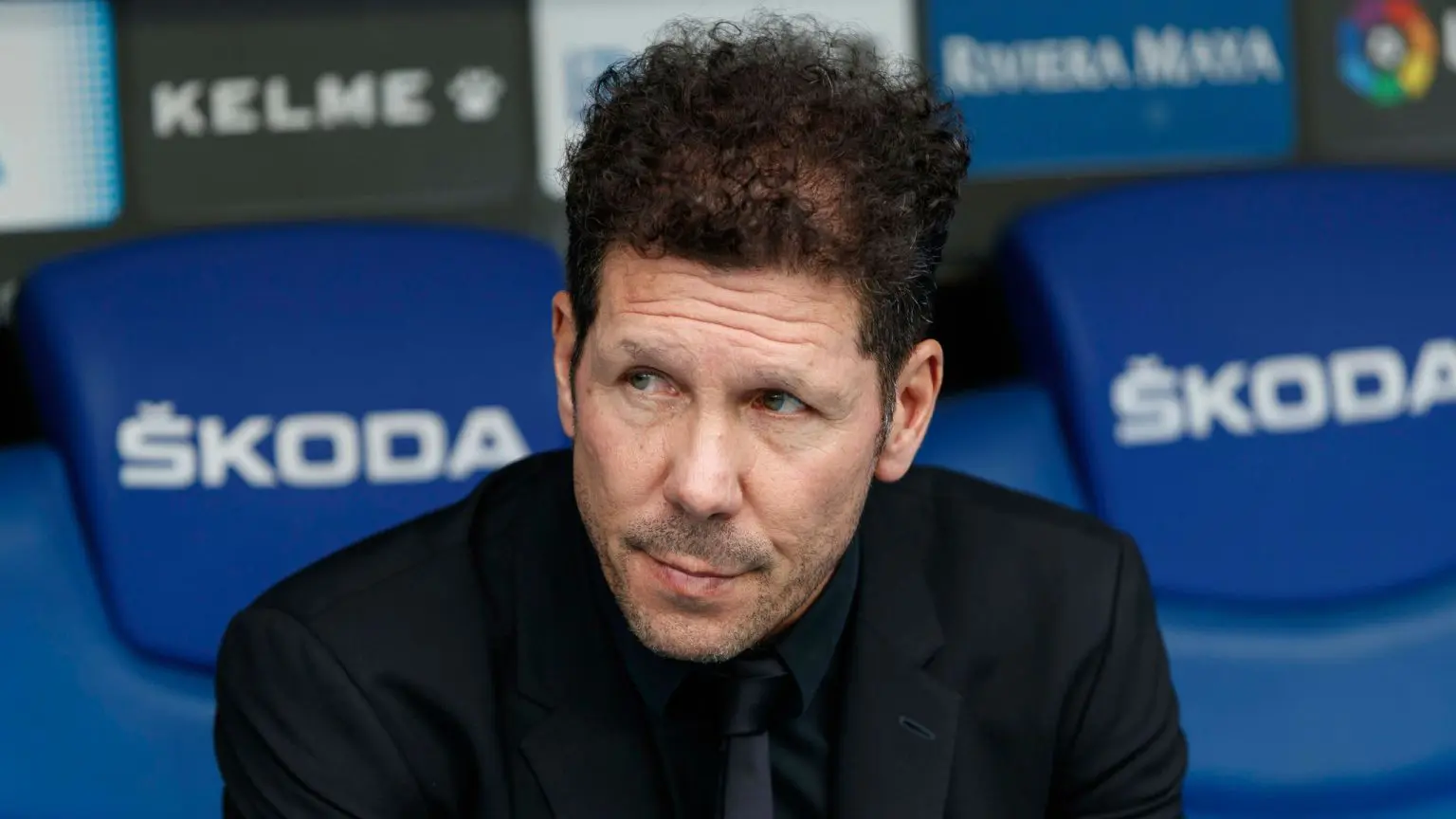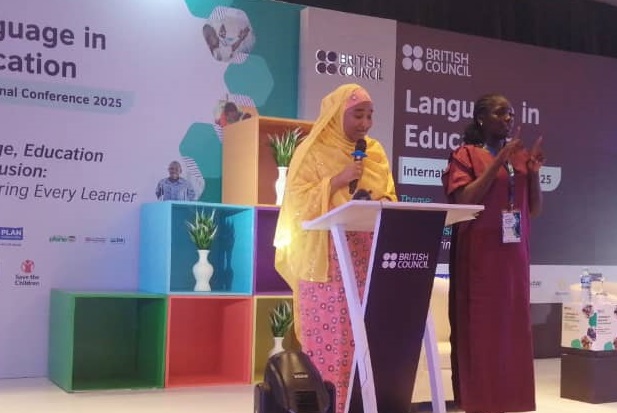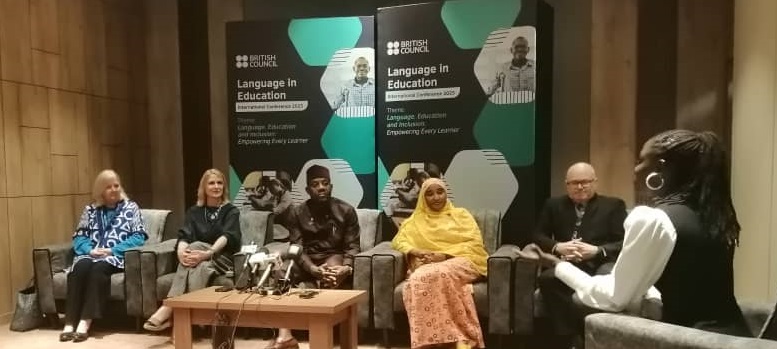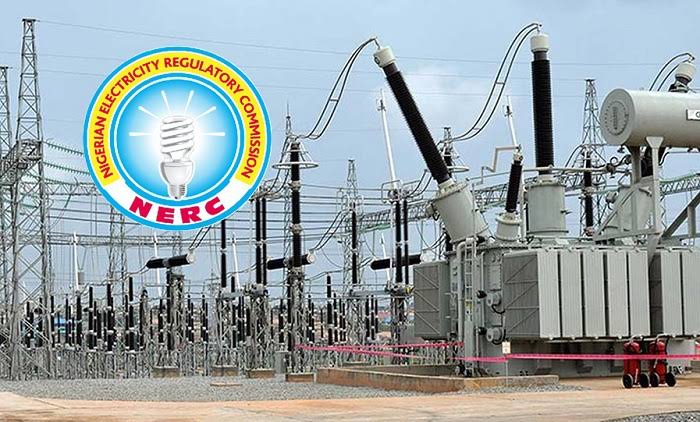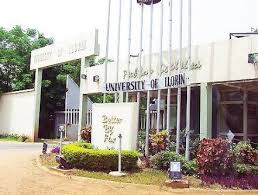By: Goodluck E. Adubazi, Abuja.
The Honourable Minister of State for Education, Professor Suwaiba Mohammed, has reaffirmed the Federal Government’s commitment to developing an inclusive, evidence-based language policy for Nigeria’s education system, describing language as a “powerful agent of educational equity, cultural identity and sustainable development.”
Speaking at the opening session of the British Council International Conference on Language in Education 2025, held on Wednesday, November 12, 2025, at the Abuja Continental Hotel, with the theme “Language, Education and Inclusion: Empowering Every Learner,” the minister said Nigeria’s approach to language in education must balance “the ideal” with “the reality” of the country’s multilingual context.
“We must recognise that while linguistic theory and global research support learning in a child’s first language, the reality of Nigeria’s complex multilingual society demands a pragmatic, evidence-based approach,” she stated.
Professor Mohammed explained that Nigeria’s education reforms, guided by President Bola Ahmed Tinubu’s “Renewed Hope Agenda,” place strong emphasis on inclusivity and the role of language in achieving Sustainable Development Goal 4 (SDG 4) on quality education and the Continental Education Strategy for Africa (CESA 16–25).
“Language is not just a medium of instruction; it is a bridge to inclusion, social cohesion, and lifelong learning. As Nigeria continues to reform its education system, our language policy must promote access, understanding, and equity across all levels of learning,” she said.
The minister acknowledged that decades of research in linguistics, psycholinguistics, and sociocultural theory have demonstrated that children learn more effectively and perform better when taught in their native language, particularly in the early years of schooling. However, she noted that Nigeria’s linguistic diversity—spanning over 500 languages—poses practical challenges to the uniform implementation of policy.
“We fully agree with global research that learners grasp concepts more effectively in their mother tongue. But to be successful, we must navigate between the ideal and the reality—between theory and the context in which our schools operate,” she explained.
Professor Mohammed emphasized that the ongoing review of Nigeria’s language-in-education policy will be guided by data, evidence, and best practices across Sub-Saharan Africa, adding that the government is determined to ensure that every learner—regardless of location, background, or disability—has access to quality education delivered in a language they understand.
She commended the British Council for organizing the international conference, which brought together experts, policymakers, and researchers from across Africa to share experiences and innovations in language education and inclusion.
“This dialogue is critical for us as a nation. It allows us to learn from our peers, reflect on our own practices, and build policies that respond to our realities while aligning with international standards,” she said.
The two-day conference, which continues today, features participation from education leaders and experts from Uganda, Kenya, Ghana, Zimbabwe, Tanzania, and other countries, as well as representatives of UNICEF and other development partners.
It focuses on promoting equitable language policies in education, teacher development, and inclusive classroom practices across Africa.



